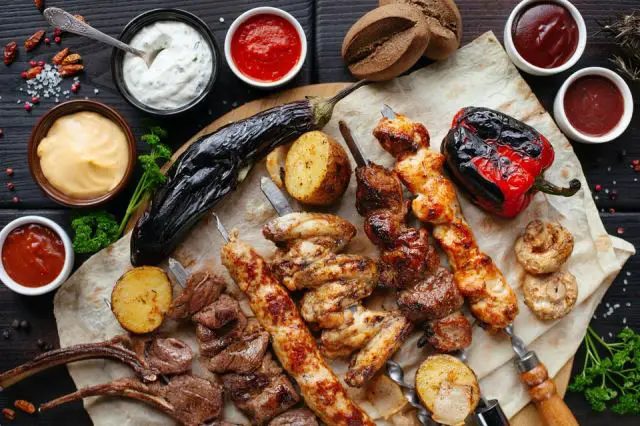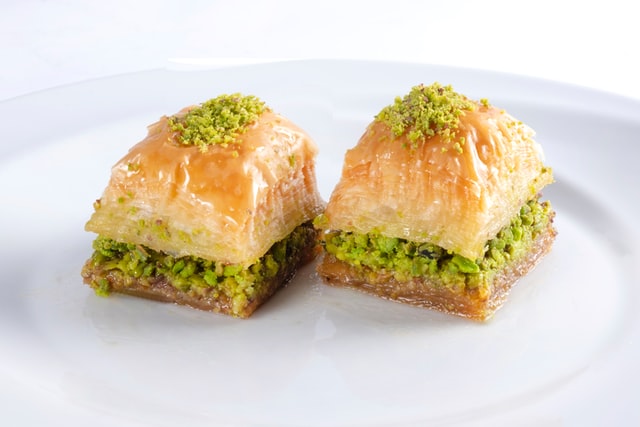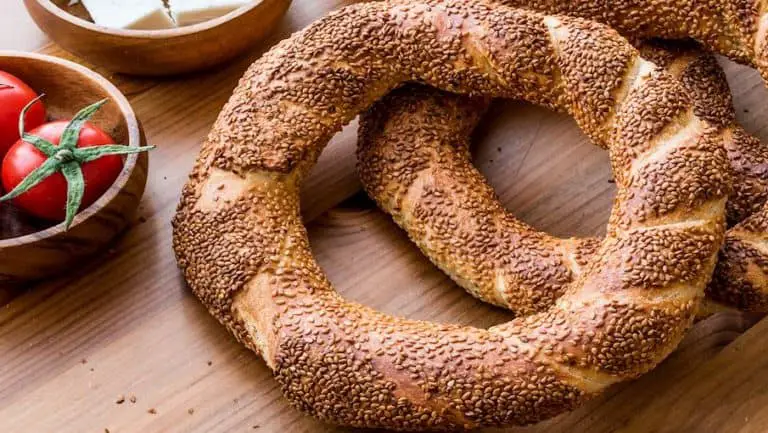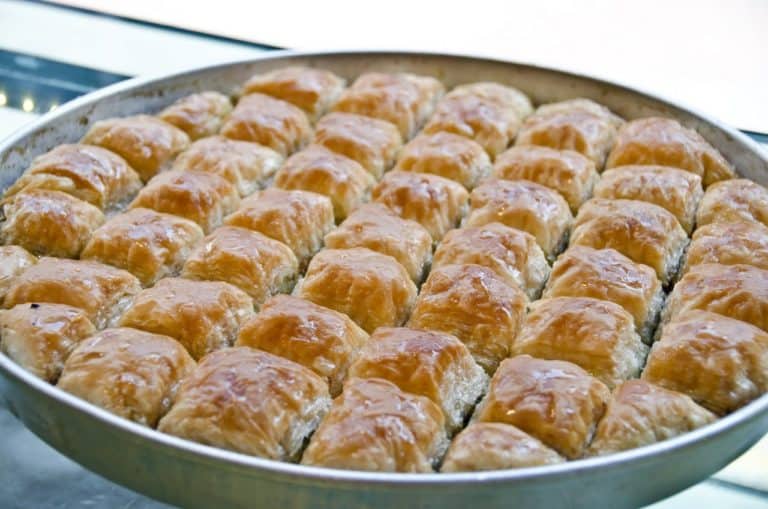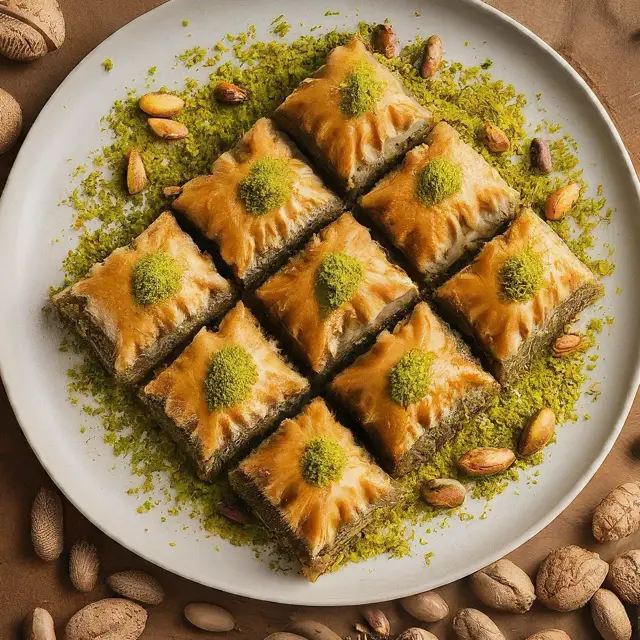Kebab: Is it Good for Muscle Building?
Muscle building can be confusing. It can be easy to simply lose fat by reducing your caloric intake and increasing your activity level, but when you intend on targeting specific muscle groups to increase their size, things get a little more complicated. Merely working those muscle groups out can limit your ability to consistently grow muscle mass. However, certain foods can drastically help improve your chances of gaining muscle mass more effectively. One of these foods is Kebab.
Brief History of Kebab
The Kebab is a long-standing traditional dish derived from soldiers in Turkey. The name essentially means to roast, and the first Kebabs reported were simply meat skewered onto swords and roasted over an open fire. This form of cooking meat was originally noted in 1377 and has become the most traditional way to enjoy Kebab. However, instead of utilizing swords for cooking, most people use a rotating spit or skewers to do the job.
Doner Kebab, Shish Kebab, and Orman Kebab are just a few of the most popular styles of this delectable dish. Generally, modern Kebab preparation involves marinating meat to improve the flavor and texture of the final product. A variety of vegetables or even fruits, in some cases can be added to enhance nutritional value and provide a specific sweet and savory flavor profile. Essentially, a Kebab can be anything you want it to be, yet traditional Kebab preparation is still a common street food option for Middle Eastern countries.
How Does Kebab Help Build Muscle?
Protein is an essential part of building muscle mass throughout the body. Where targeting specific muscle groups through weightlifting and resistance training can drastically improve strength, increasing your protein level can improve the effectiveness of your exercise routine. As you exercise, you tend to push your body to its limit, especially when trying to build muscle mass. Straining and stretching muscles is a great way to build strength, but what people do not realize is what is happening on the inside of your body during these exercises.
As you stress your muscles, the exercise causes slight tears within your muscles. This leads to soreness after an intense workout and is the primary reason why professional trainers will often suggest an athlete work out various parts of their body instead of continually working only one area. The body needs time to heal these small abrasions and that is what protein is adapted to do. Since Kebab is primarily a meat product, the protein derived from that meat is an essential help to your ability to heal after an intense workout.
How Much Protein is in Kebab?
Protein composition within Kebab is relative to the type of meat used for the dish. Each meat has different levels of available protein along with various other nutrients. For muscle building, we will focus our attention on Doner Kebab as it tends to have the most protein per serving. Specifically, one serving of a Doner Kebab maintains about 56g of protein. Both beef and chicken Kebabs maintain an average of 27g of protein. Therefore, no matter what type of Kebab you choose, you will have a great level of protein capacity per serving.
Can I Eat Too Much Kebab?
It is always a possibility to overdo it, no matter what you eat. Moderation is the key ingredient in any food you love, and even professional trainers will agree that eating a sole diet of Kebab will negatively impact your total body health. Too much protein can cause toxic ketones to invade your body. The buildup of these ketones can cause your body to extinguish much more water than it should. Meaning, you can dehydrate faster and will have to replace lost fluids a lot more effectively.
There is a healthy balance of protein for muscle building and that number is 30%. Experts recommend that you only need 30% of your daily food intake to be protein for effective muscle-building strategies. Loss of ketones with an overabundance of protein consumption can do more damage than merely alleviating your body of essential fluid. As that fluid is flushed out, a significant amount of body mass enzymes is flushed along with it. It is essential that you can balance your protein intake to the 30% level to maintain and grow muscle mass.
Alternatives to Help Moderate Kebab Consumption
Kebab can be some of the healthier options for building muscle mass due to the elevated protein levels combined with the naturally low in fat cooking method. Generally, Kebab is grilled meaning there is no fat added to the meat as with deep-fried meat products. The lack of additional fat content helps you feel better and fuller post-workout without feeling drained. High-fat foods tend to zap energy from our bodies as they have to work harder to account for the extra calories.
Kebab consumption is excellent for building muscle mass provided you keep within the recommended daily intake requirements for your body’s height, weight, and any health-related issues. Although the 30% marker is great for a generalized view of protein intake, it is not necessarily ideal for everyone. Various body types and BMI levels may require altering that number slightly. The best solution for those looking to increase their muscle mass is to work with both a trainer and a physician. The trainer can help regulate how much weight your push in proportion to your protein levels and the physician will ensure your levels stay where they should for a healthier management system.
As for what to eat on your Kebab, the possibilities are endless. However, in the interest of both fat composition and the need for essential protein, it is recommended that you stick primarily to meats such as chicken and lamb. Where beef does maintain healthy protein levels, it can also negatively impact your cholesterol levels as beef carries more saturated fats than other forms of meat. Additionally, you may also want to ensure your Kebab is not solely meat but maintains healthy vegetables such as onions and peppers. Bell peppers, specifically house high levels of Vitamin C and a variety of other essential vitamins. These two particular vegetables are also significantly flavorful and add flavor without adding additional seasoning.
Possibly, the best suggestion when it comes to Kebab consumption is to limit seasonings on your Kebabs. The use of acidic and sodium-rich marinades is designed to enhance the flavor but consuming too much of these taste enhancers can leave your body starving for fluid and potentially lead to high blood pressure. When seasoning your Kebabs, stick primarily to healthy oils such as olive oil and natural herbs to enhance flavor profiles. It can take some getting used to but reducing your salt intake will drastically improve your total body health.
Conclusion
Protein derived from Kebab is excellent for building muscle, but as with all forms of foods, moderation is the key. Maintain an active lifestyle and limit consumption of empty calories and carbohydrates when looking to build muscle mass. Kebabs satisfy many needs for building muscle and are naturally carbohydrate-free and essentially free from added sugars and empty calories. Again, combine your Kebab with healthy vegetables and fruits to enhance its effectiveness, and ensure any carbs you take into your system are from whole grains.

